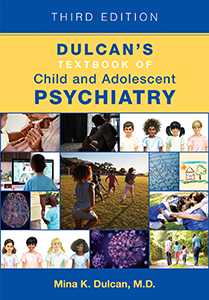Sections
Excerpt
PTSD was first introduced in DSM-III (American Psychiatric Association 1980), making it one of the more recently accepted psychiatric disorders. PTSD develops in response to one or more traumatic life events (Box 16–1; American Psychiatric Association 2013). Since the introduction of PTSD into the psychiatric lexicon, the disorder has been documented in children exposed to a wide variety of traumas, including child abuse, domestic violence, natural disasters, medical trauma, war, terrorism, community violence, and multiple and complex trauma experiences. Substantial progress has been made in understanding the developmental manifestations of PTSD, the complexities of evaluating PTSD in children, and how to effectively treat this disorder in children and adolescents, but much remains to be learned.
Access content
To read the fulltext, please use one of the options below to sign in or purchase access.- Personal login
- Institutional Login
- Sign in via OpenAthens
- Register for access
-
Please login/register if you wish to pair your device and check access availability.
Not a subscriber?
PsychiatryOnline subscription options offer access to the DSM-5 library, books, journals, CME, and patient resources. This all-in-one virtual library provides psychiatrists and mental health professionals with key resources for diagnosis, treatment, research, and professional development.
Need more help? PsychiatryOnline Customer Service may be reached by emailing [email protected] or by calling 800-368-5777 (in the U.S.) or 703-907-7322 (outside the U.S.).



